How to get the most out of your appointment

Coming to your appointment prepared with questions and lists of important information can mean a much more productive experience for you and your cardiologist. It can even mean a better health outcome.
Cleveland Clinic is a non-profit academic medical center. Advertising on our site helps support our mission. We do not endorse non-Cleveland Clinic products or services. Policy
“Think of your care as a partnership in which you should feel comfortable and take an active role,” advises cardiologist Maan Fares, MD. “Be prepared with questions when you meet with them.”
Visiting a cardiologist can be stressful, especially when an individual is concerned about their health and unsure about their future. It may feel like things are out of your control, but there are some proactive steps you can take to prepare for and ensure the success of your appointment:
The following questions may be helpful to have in your back pocket for these common appointment situations.
If you need any tests:
If you are given a diagnosis:
If a treatment is suggested:
If a medication is recommended:
Before you leave your physician’s office, find out how often and when you will need to follow up with your doctor. Also be sure to ask what number to call if you have questions once you get home. It is perfectly acceptable and recommended that you call if questions or new issues arise.
Your doctor, the medical team and you are all partners in your care. To achieve the best outcomes, each participant needs to understand the treatment plan, follow the plan and communicate. If any questions come up, the treatments are not helping or you experience side effects, consult your care team. Not all people respond the same to a particular treatment – sometimes a care plan may need to be adjusted to reach your goals.
Learn more about our editorial process.
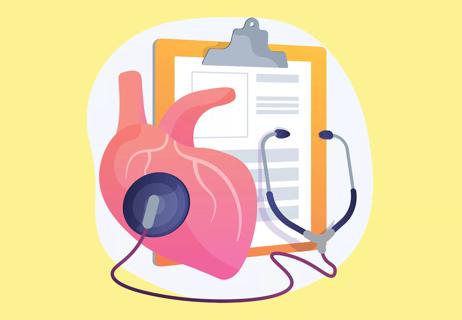
If you have a family history of heart disease, you should check in with this specialist
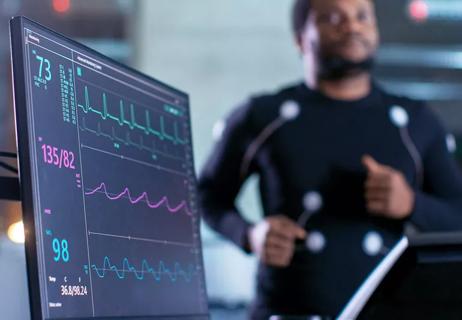
Information you need, on and off the field
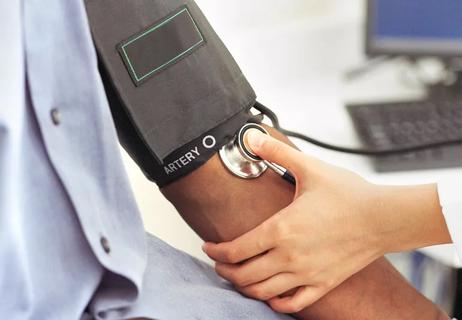
The answer you should know straight from a cardiologist
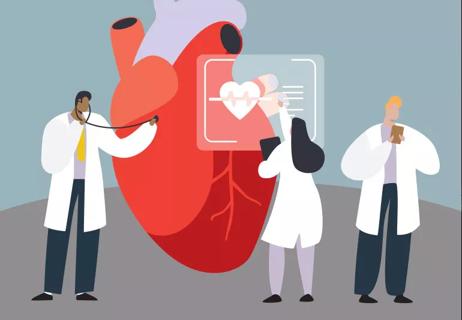
Understanding who to see for the care you need

First things first — slowly sit or lie down

Absolutely! In fact, in many ways, exercise is key to recovery
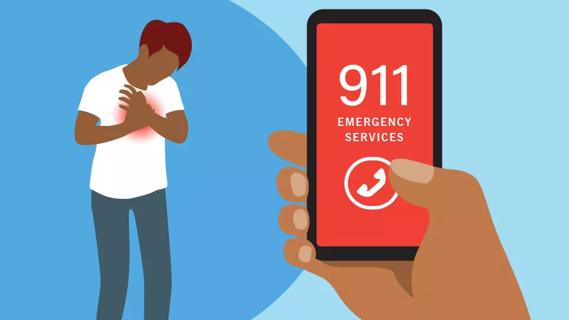
There’s no way to stop it once a heart attack is happening, but the most important thing you can do is to call for help

You can counter the risk of prediabetes-related heart attack or stroke by eating more fruits, vegetables and whole grains, as well as exercising regularly

Your metabolism may torch 1,300 to 2,000 calories daily with no activity

A gentle touch in all the right places may help drain your sinuses